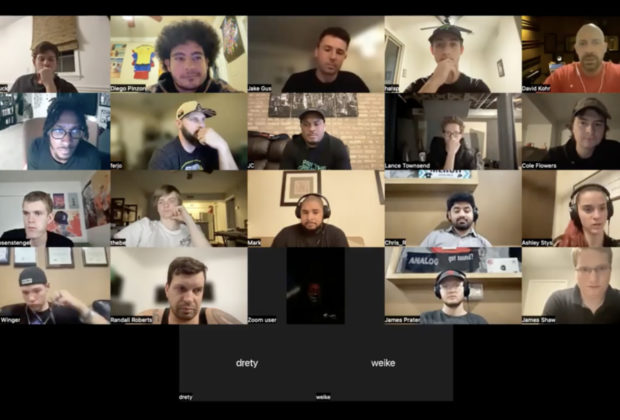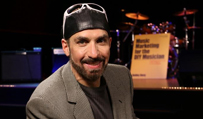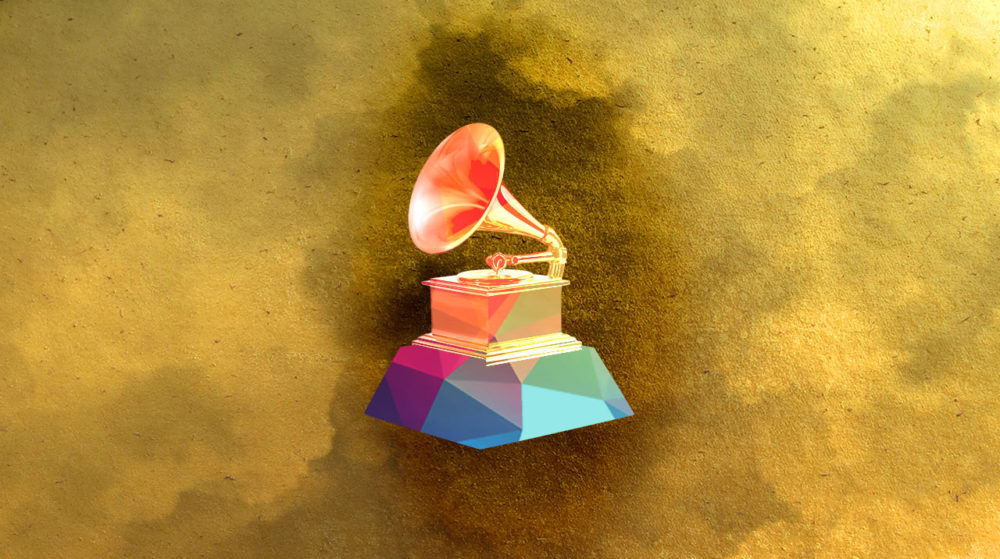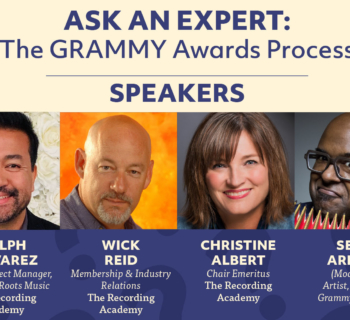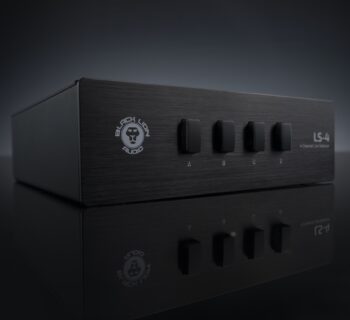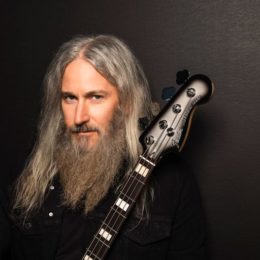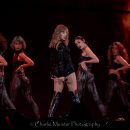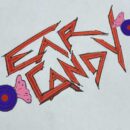The Conservatory of Recording Arts & Sciences (CRAS; www.cras.edu), the leading institution for audio engineering education, has announced a successful Zoom event whereas 25 Audio Engineering Society (AES) students participated and learned about DAWn Audio, including its origins and its purpose of providing a bridge platform between musicians.
Kohr explained that he first learned of DAWn Audio during the 2022 NAMM Show. CRAS students who were attending the show came across DAWn Audio and were so excited by it that they approached Kohr to create a student AES event at the school so that more students can learn about the unique platform.
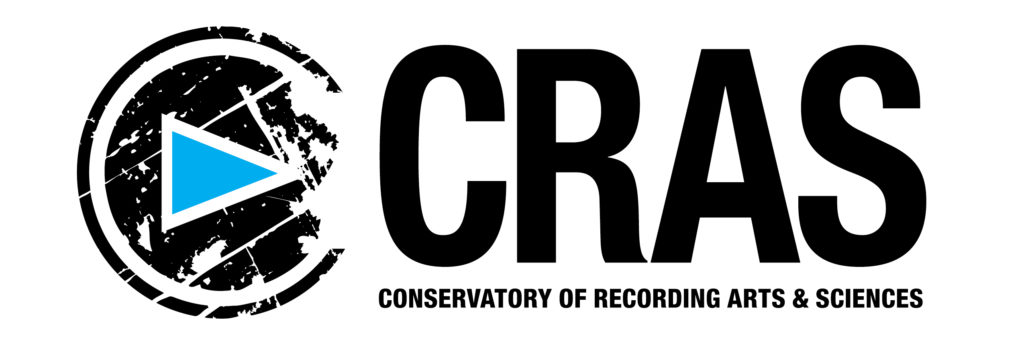
DAWn is compared as a “Google Docs for music”, but compatible with all DAWs. Pinzon calls their approach “middleware” because rather than building yet another DAW for artists, they've become a bridge between the existing ones. DAWn doesn't require any exporting, uploading, importing, or conversions of files, because it just facilitates communication between the different DAW projections present in a session. The result is one session, composed of each individual artist’s project, all synchronized through DAWn. The app is currently in beta and anyone can join its growing waitlist of over 200+ artists at https://dawn-audio.com/waitlist. Select artists are offered exclusive access to join their beta as they grow their community.
The DAWn Audio founding team met as engineering physics undergrads at Tulane University and started working on DAWn as a capstone project. Pinzon is a drummer and he got into music production as an undergrad, and found that he got tired of struggling to collaborate with his friends across DAWs. Given their background in programming, his team was able to build a proof-of-concept for DAWn, and following feedback from professors, mentors, and advisors, they decided to begin turning DAWn Audio into a business. The founders are now scattered throughout New York, Wisconsin, and Louisiana, but they intentionally remain a New Orleans-based company as the city's culture is intertwined with DAWn's culture.
Pinzon concluded that the CRAS Zoom event was an overall success, and some great takeaways he received was when he asked students: “If you could change one thing about the music industry, what would it be?” Some of his favorite responses included:
- “Make sure credit is given where credit is due.”
- “Wish the shallowness of the music industry wasn't glorified.”
- “Have engineers be less likely to be overworked and underpaid.”
- “Put more emphasis on people with ability, than people who have connections.”
- “Change the mindset of trying to appeal to the general public more so than trying to appeal to yourself as an artist.”
- “Forcing originality. Let’s stop following like TikTok and actually start our own thing, our own sound, our own wave.”
- “Normalizing people making music just because they want to make music… music existed before there was an industry, and now it’s driven entirely by the industry and not the music…- reverting to where we were before that.”
The Conservatory of Recording Arts & Sciences is composed of two nearby campuses in Gilbert and Tempe, Ariz. A CRAS education includes broadcast audio, live sound, film and TV audio, music, and video game audio, all taught by award-winning instructors who have all excelled in their individual fields, including sound reinforcement, audio recording and production, digital recording, troubleshooting/maintenance, and music business.
CRAS structured programs and highly qualified teaching staff provide a professional and supportive atmosphere, which is complemented by its small class sizes allowing for individual instruction and assistance for students in engineering audio recordings. CRAS has been providing quality vocational training in audio recording for more than three decades. The curriculum and equipment are constantly being updated to keep pace with the rapid advancements in the music and sound recording industries. CRAS’ course offerings and subject matter have always centered around the skills and knowledge necessary for students’ success in the audio recording industries.
The 11-month program is designed to allow every student access to learn and train in all of the Conservatory’s studios which are comprised with state-of-the-art audio recording and mixing gear, the same equipment used in today’s finest studios and remote broadcast facilities, including Pro Tools Ultimate, API Legacy consoles, SSL AWS consoles, Studer Vista consoles, and much more. All students must complete a 280-hour industry internship to graduate from the Master Recording Program II that may ultimately lead to industry employment.
For more information on the Conservatory of Recording Arts & Sciences, visit www.cras.edu, contact Kirt Hamm, administrator, at 1-800-562-6383, or email to info@cras.edu.

